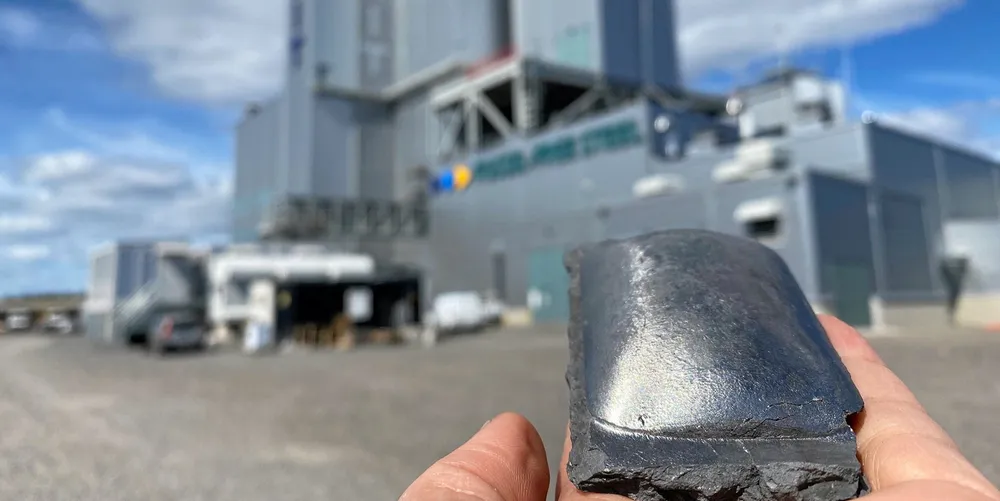'World's first fossil-free steel' supplied to Volvo as new hydrogen milestone claimed
Vattenfall-led HYBRIT consortium aims for full-scale production in 2026 – but says renewables permitting must be faster and simpler to source enough fossil-free power
